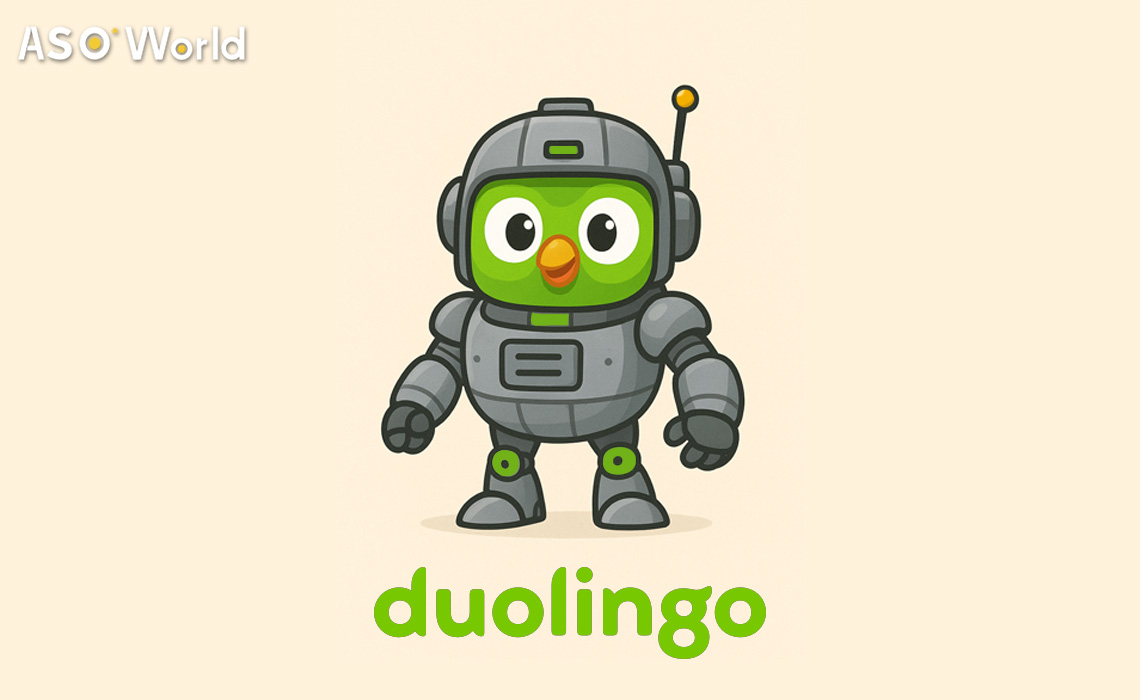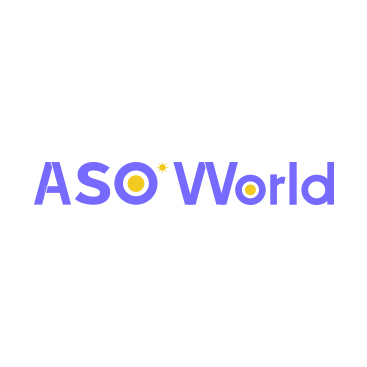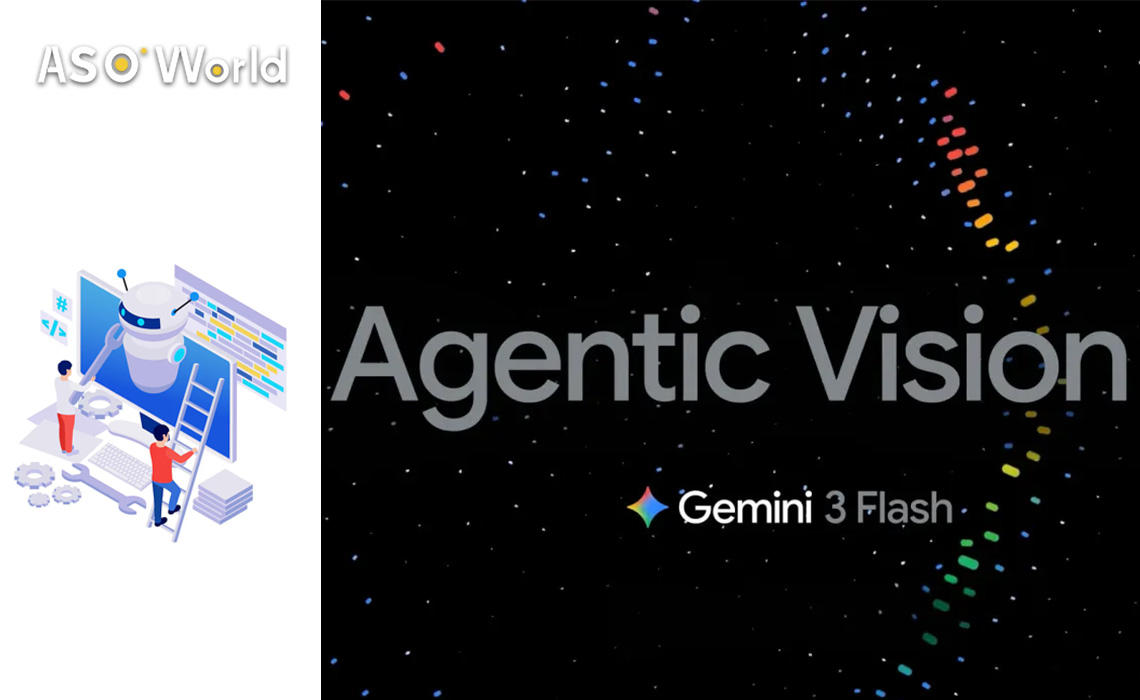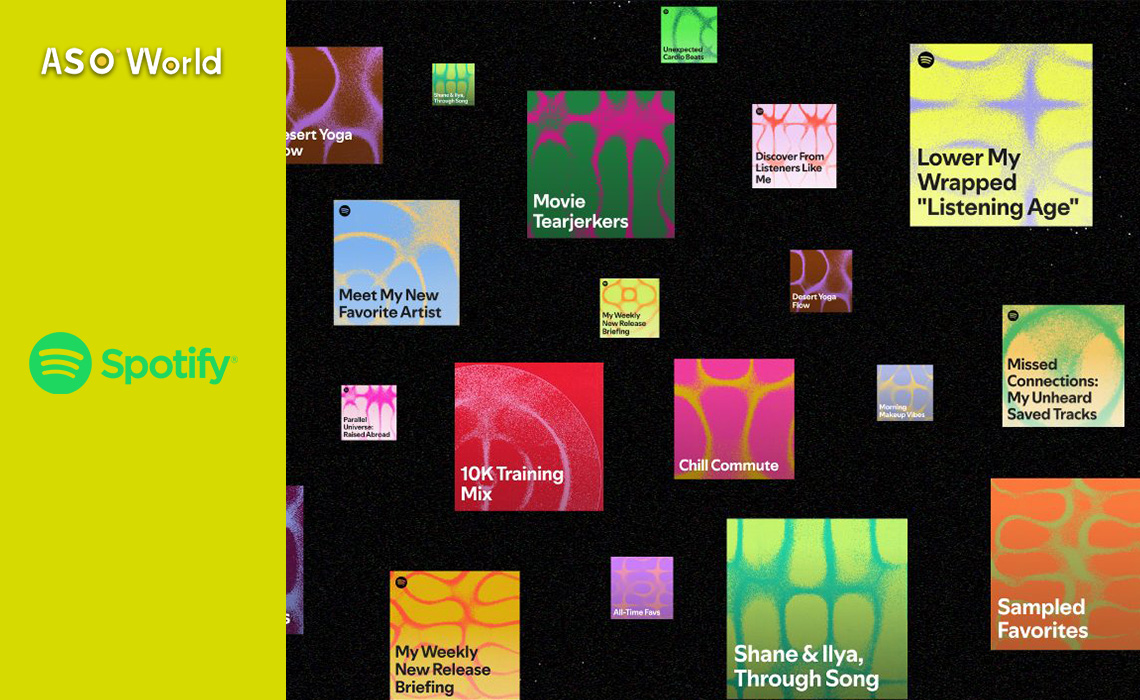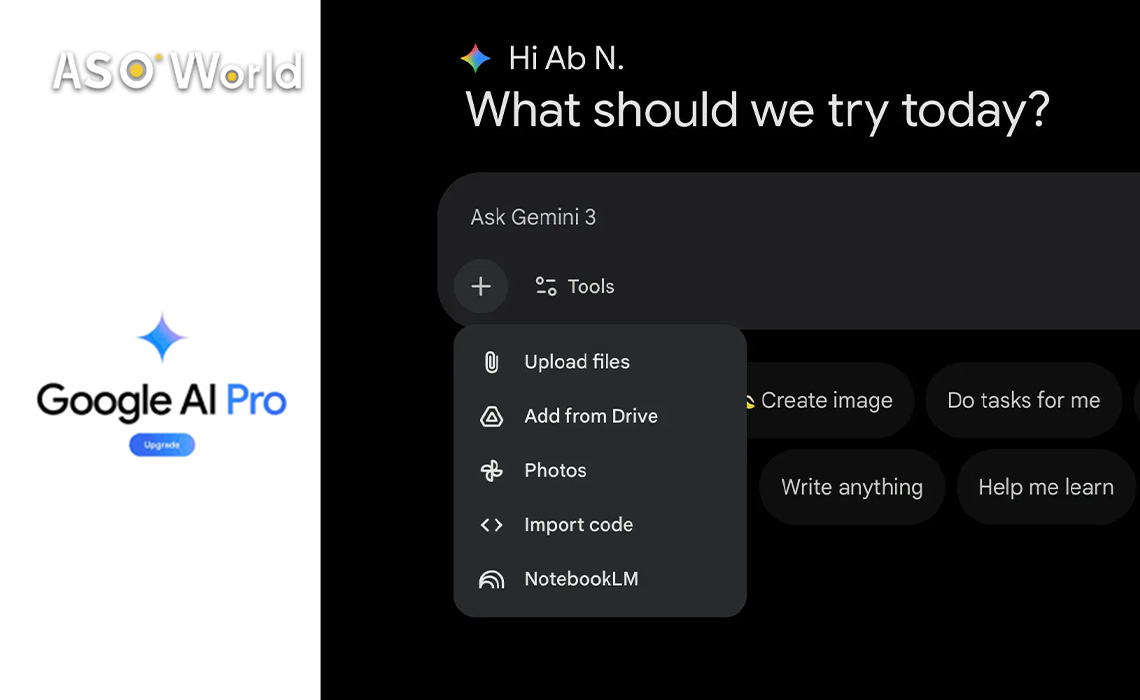Duolingo, the popular language-learning app, faced intense scrutiny in April 2025 when CEO Luis von Ahn unveiled an "AI-first" strategy.
This move aimed to integrate artificial intelligence deeply into operations, including automating tasks handled by contractors and factoring AI skills into hiring and performance reviews.
While intended to boost efficiency and scale content creation, it triggered fears of job losses and reduced quality, prompting user boycotts and social media uproar.
Announcement Sparks Immediate Backlash
The strategy was detailed in an internal memo where von Ahn stated Duolingo would phase out contractors for AI-handleable tasks and restrict new hires unless teams automated more work.
This led to swift reactions from users, employees, and contractors worried about mass layoffs and a loss of human touch in language education.
Social Media and User Reactions
On social platforms like X and Reddit, users threatened subscription cancellations, accused the company of prioritizing AI over people, and shared stories of deleting the app—even ending long streaks.
Critics highlighted potential declines in content accuracy, as AI might lack cultural nuances provided by human experts.
CEO's Clarifications Evolve
By May 2025, von Ahn responded via LinkedIn and interviews, admitting the initial memo lacked clarity.
He explained the shift as a mindset to use AI as a tool for faster work, not to replace full-time staff.
Only a small number of hourly contractors doing repetitive tasks were affected, with no changes to hiring pace.
August 2025 Updates
In early August 2025, von Ahn acknowledged to The New York Times that the backlash slightly dampened customer growth, though performance remained strong.
He emphasized no full-time layoffs occurred or were planned, with AI enhancing scalability, evidenced by 148 new courses added in a year.
The company also paused its signature edgy social media posts to rebuild positive sentiment.
Also in mid-August 2025, von Ahn described the controversy as a learning experience, noting the "AI-first" label referred to a mindset shift.
Duolingo introduced weekly AI exploration sessions for employees, reinforcing AI as a tool to empower, not replace, staff.
Business Growth Amid Controversy
Despite the outcry, Duolingo reported strong Q2 2025 results: daily active users rose 40% year-over-year, though at the lower end of expectations due to negative sentiment.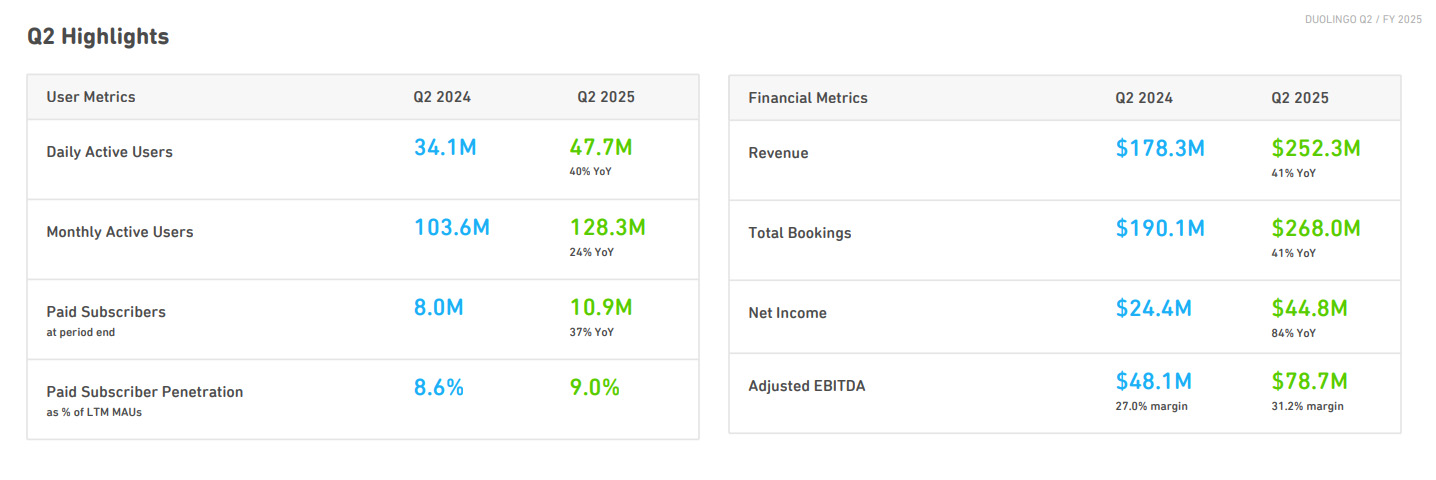
(Source: Duolingo Shareholder Letter Q2 2025)
Revenue projections exceeded $1 billion, and stock surged nearly 30%. AI enabled 148 new courses in a year, showcasing scalability.
Broader Industry Trends
This mirrors challenges at companies like Klarna and Shopify, where AI strategies faced similar criticism over job impacts.
Supporters argue for efficiency gains, while detractors fear creativity loss in education.
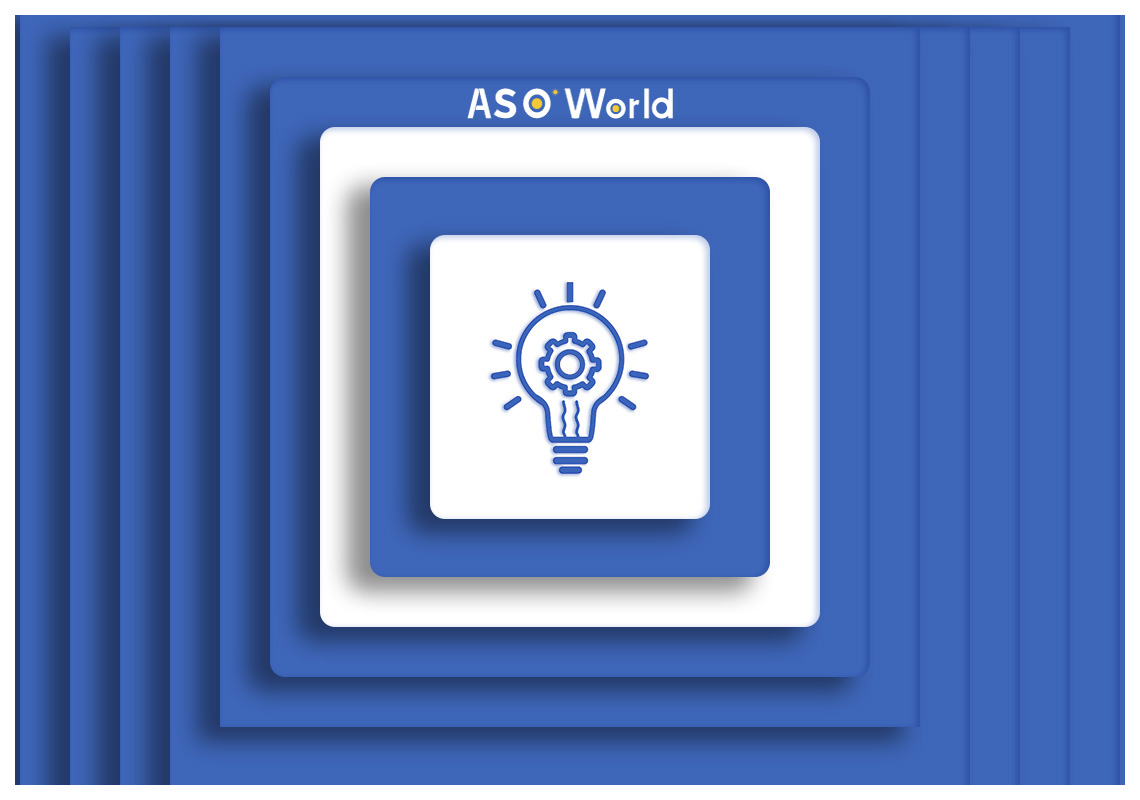
Editor's Comments
Duolingo's experience underscores a pivotal tension in tech: AI's promise for rapid scaling versus ethical concerns over employment and quality.
While financial metrics show resilience—echoing cases like Klarna's AI-driven efficiencies—the backlash reveals public wariness toward automation in creative fields like language learning.
Adding context from industry data, AI adoption in edtech has grown 30% annually, but surveys indicate 60% of users prefer human elements for cultural accuracy.
Looking ahead, expect more firms to refine communication strategies; Duolingo may lead by blending AI with human oversight, potentially regaining trust and setting a model for balanced innovation by 2026.
